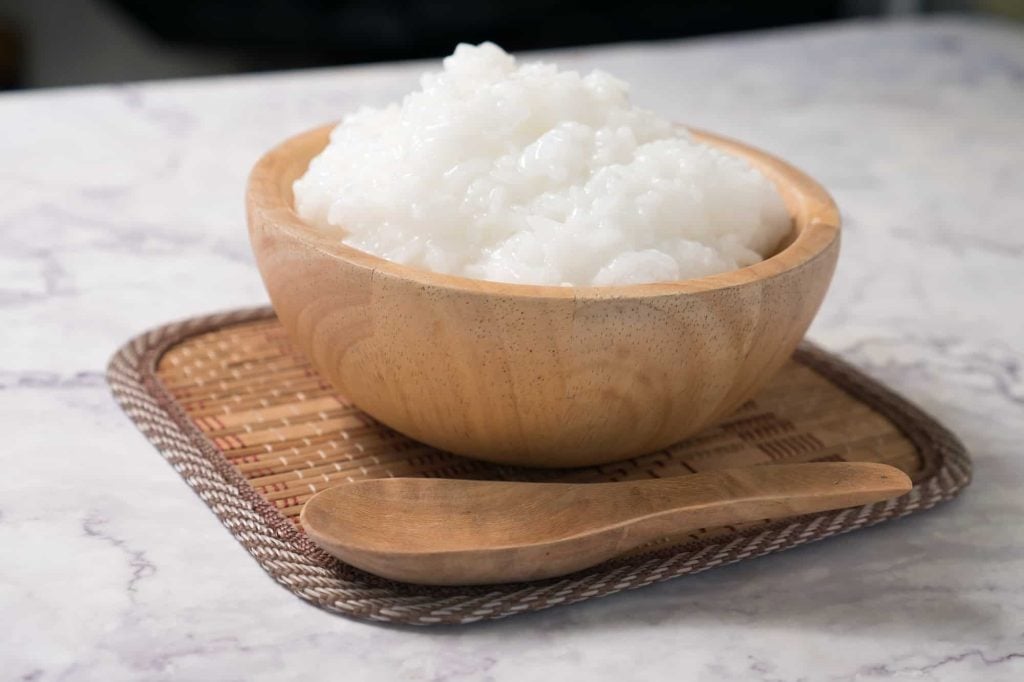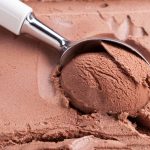When people talk about mushy rice, they usually refer to overcooked rice or cooked rice with too much water. Some of us may enjoy the gummy texture of overcooked rice, but is mushy rice actually safe for consumption?
Mushy rice isn’t always safe to eat because overcooking results in the formation of a carcinogenic substance called acrylamide. Mushy rice is also depleted of amino acids and vitamins and is more challenging for the body to digest.
In this article, we’ll take a closer look at why it’s sometimes better to boil a new batch of rice rather than eat mushy rice.

Mushy Rice May Be Linked to Cancer
As mentioned earlier, overcooking rice leads to the breakdown of its molecular structure and the production of new substances, one of which happens to be acrylamide.
According to several studies, acrylamide has been classified as a possible human carcinogen, excess consumption of which can lead to different types of cancer (source: American Cancer Society).
While it’s not directly linked, the accumulation of acrylamide increases one’s risk of cancer. You’d probably have to eat a LOT of mushy rice, but it’s worth knowing about this by-product of overcooked rice.
Destruction of Amino Acids
It’s been proven that domestic cooking methods, in general, deplete the protein digestibility in rice (source: NCBI).
However, there’s still ample nutrition in regular rice to provide your body with the right kind of fuel. When rice is overcooked, the molecular structure breaks down, destroying many of the bonds in amino acids contained in the rice.
Rice contains the essential amino acid tryptophan. Our body cannot produce essential amino acids, so they must be supplemented through our diets. When we overcook rice, this nutrient is destroyed, and our bodies are deprived of it.
Lack of Vitamins
Most rice grains contain plenty of B vitamins, essential for various metabolic processes in the body (source: National Library of Medicine). While white rice is also known to contribute to weight gain in some instances, a healthy diet balanced with plenty of exercise can effectively help boost weight loss.
However, when rice is overcooked, two crucial B vitamins—thiamin (B1) and pantothenic acid (B5)—are destroyed. In the long run, consuming too much mushy rice can have a negative impact on your health.
Aside from these adverse effects, the enzymes in raw rice responsible for digestion are destroyed by overcooking. As such, it’s challenging for your body to digest mushy rice, and even if your gut manages this feat, there’s barely any nutrition worth deriving from it.

How To Fix Mushy Rice
To be safe, it’s best to avoid mushy rice entirely and cook a new batch that you can eat. However, eating mushy rice once won’t cause much harm if you ensure that you’re eating healthy most of the time.
If the rice is too mushy, you can mash it up and make rice pudding instead, which can be used to create a variety of sweet treats or rice cakes.
However, if you still want to use the rice in its original form, there’s a way to eliminate the extra mushiness. Here’s how you can go about it.
- Drain out any excess water using a sieve.
- Pour cold water over the rice to remove the excess starchy coating.
- Put the grains of rice on a tray in the oven at a low temperature (around 250f or 120c so the extra water evaporates). This might make it chewy, though!
If you want to cook rice like a pro, you need to familiarize yourself with the common mistakes that cause rice to turn mushy and discover effective techniques to prevent them.
While mushy rice can be salvaged, its adverse health effects and possible risks mean it’s probably best to boil a new batch instead.





Comments are closed.